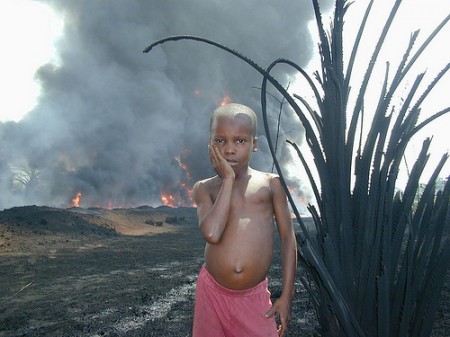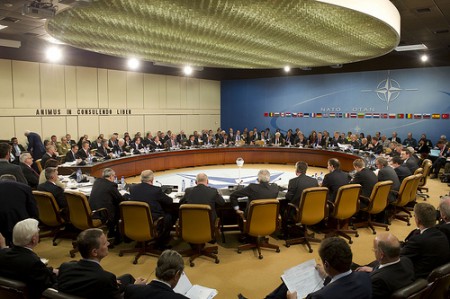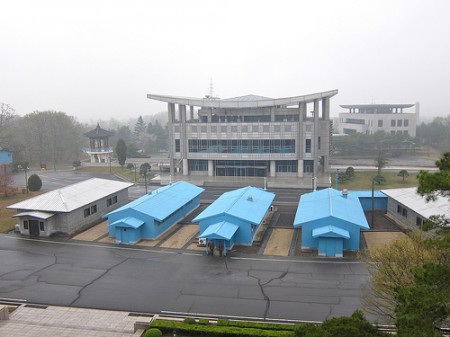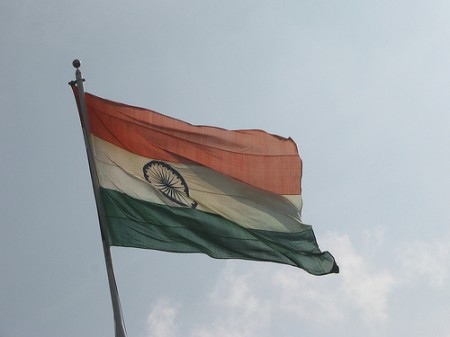
George Bernard Shaw called second marriage “the triumph of hope over experience.” In restoring the Liberal Democratic Party (LDP) and its leader Abe Shinzo to power last month, Japanese voters seemed to be sending the opposite message: after three years of vesting their hopes in the Democratic Party of Japan (DPJ) with disappointing results, they opted to fall back on the LDP’s greater experience in governing.
Abe himself seems to have learned from his previous, unhappy experience as prime minister in 2006–2007. In his first public remarks after taking back the job in late December, he said, “There is no future for a country which has given up on growth.” The sentiment marked a refreshing change not just from the DPJ’s focus on austerity, but from Abe’s own disinterest in economic affairs during his earlier tenure in office. An older and wiser Abe is right to pay more attention to Japan’s economic health – and right that more growth is what the patient needs – but his policy prescriptions to date will not be enough to produce the lasting recovery he is hoping for.




